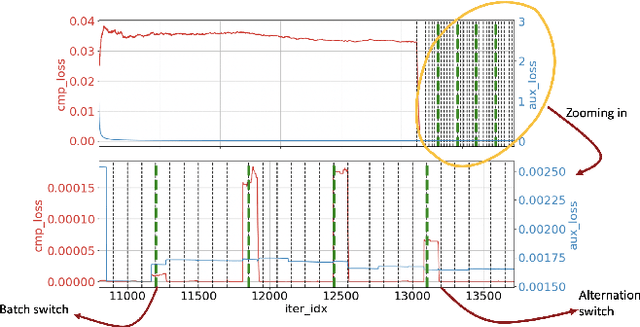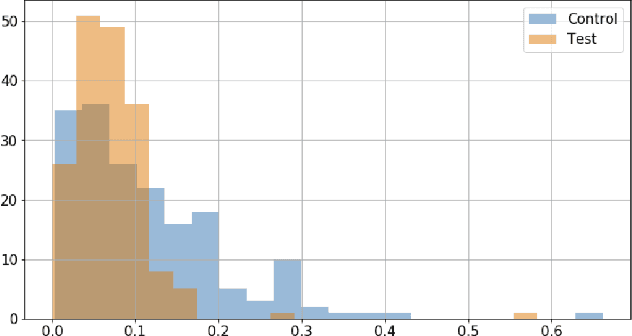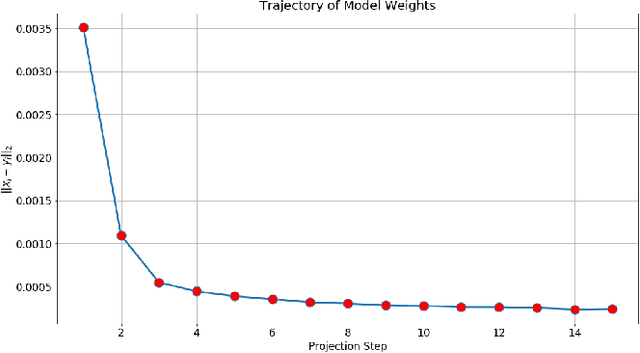DL-DDA -- Deep Learning based Dynamic Difficulty Adjustment with UX and Gameplay constraints
Paper and Code
Jun 06, 2021


Dynamic difficulty adjustment ($DDA$) is a process of automatically changing a game difficulty for the optimization of user experience. It is a vital part of almost any modern game. Most existing DDA approaches concentrate on the experience of a player without looking at the rest of the players. We propose a method that automatically optimizes user experience while taking into consideration other players and macro constraints imposed by the game. The method is based on deep neural network architecture that involves a count loss constraint that has zero gradients in most of its support. We suggest a method to optimize this loss function and provide theoretical analysis for its performance. Finally, we provide empirical results of an internal experiment that was done on $200,000$ players and was found to outperform the corresponding manual heuristics crafted by game design experts.
 Add to Chrome
Add to Chrome Add to Firefox
Add to Firefox Add to Edge
Add to Edge